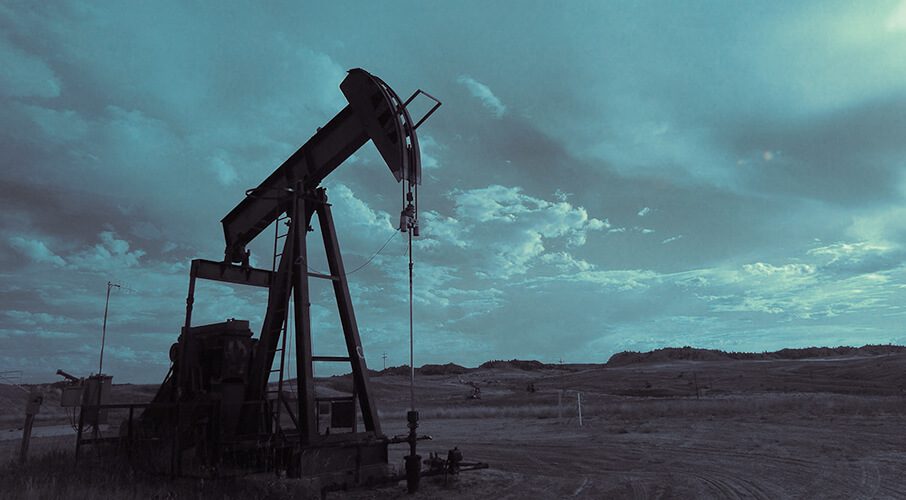This article originally appeared in the Calgary Herald.
By Melissa Mbarki, March 2, 2023
I am not afraid to share my humble beginnings in life. I grew up in a small, poverty-stricken community in northcentral Saskatchewan. My career in the natural resources sector began when I completed my post-secondary studies.
I joined a company that was preparing to divest billions in assets. My role was to review the assets (facilities, wells, pipelines) and to prepare the legal documents for the transfer. Determining ownership and working with a legal team was my crash course into land ownership.
My career introduced me to various areas of the oil and gas industry, including abandonment and reclamation. It lifted me out of poverty and allowed me to learn about government policies and legislation that not only impacted the industry I worked in but Indigenous communities as well.
Unfortunately, the Liberal government’s transition plan to a clean-energy economy will result in missed opportunities for Indigenous people, energy workers and the industry as a whole. But before we look at the transition plan, we need to address the false dichotomy of having to choose between oil and gas production and fighting climate change. An all-or-nothing approach isn’t practical, nor will it meet emissions targets.
How should the government transition a workforce to fully participate in a low-carbon economy? Advancements in technology and Indigenous partnerships, which have grown in the past five years here in Alberta, provide the answer.
Zero-emissions infrastructure (hubs) will help decarbonize Canada’s economy. And overhauling the infrastructure will create more jobs in the oil and gas sector, not remove them. Communities like Frog Lake First Nation and companies like Questerre Energy are leading this initiative in Western Canada.
Indigenous women like myself have built careers working in the oil and gas sector. The skills I have acquired have been transferrable to other sectors, such as mining. Expertise in intergovernmental relations, Indigenous relations, policy writing and land management are all required for mining endeavours. We don’t give this industry enough credit for the training and employment opportunities it provides for Indigenous people.
Another false narrative is that Indigenous people have to choose between the oil and gas sector and our land rights. When engagement and partnership-building are initiated with Indigenous communities, solutions are tangible and workable. We can move forward with industry while restoring treaty rights.
Opportunities in the natural resources sector are a consideration for many Indigenous communities. Many are contemplating becoming involved, or have already become involved and are forging their own pathways with industry. Poverty is no longer an option. Managing our resources and revenues will be our way to resolving some of the issues that have kept us locked in despair.
At the pre-planning stage, Indigenous leaders are asking for involvement with government and industry. Environmental impact assessments need to include traditional knowledge. Early engagement is important for the planning and regulatory approval processes.
Today, community engagement in projects has superseded consultation. Indigenous communities want to be partners and hold an equity in large-scale ventures. Long-term returns are needed for communities that are struggling with a lack of housing, clean water or funding to address social issues like addictions, crime or gang activity.
The success of future projects will be linked to the success of Indigenous communities. This reality should be embraced by the federal government. You cannot lead a major change in the natural resources sector without bringing the affected industry and Indigenous people to the table.
Climate-change solutions need to be a national conversation. Every industry needs to be involved, and the conversation should go beyond driving an electric vehicle. The challenge will be to achieve net-zero emissions without compromising our own energy industry and security.
We are currently going through two transitions. One, we need to increase energy production while lowering environmental impacts. Two, we need to acknowledge and respect Indigenous communities and employees who are part of the natural resources sector.
If we can get these two things right, simultaneously, Indigenous voices can lead a different kind of change — a change that will create a new pathway and partnership. That change starts here at home, with the federal government.
Remove the barriers that hinder the Canadian economy like Bill C-69. Allow Indigenous communities to prosper in industries that are sometimes only found in remote areas. We can address both Indigenous poverty and climate change by coupling these two initiatives.
What needs to be removed is the narrative that we have to choose. We can ensure energy security by investing in new technology while allowing the energy sector to prosper. Combining Indigenous knowledge and technology with industry leaders is the way forward.
Melissa Mbarki is a policy analyst and outreach co-ordinator at the Macdonald-Laurier Institute, and a member of the Treaty 4 nation in Saskatchewan.






